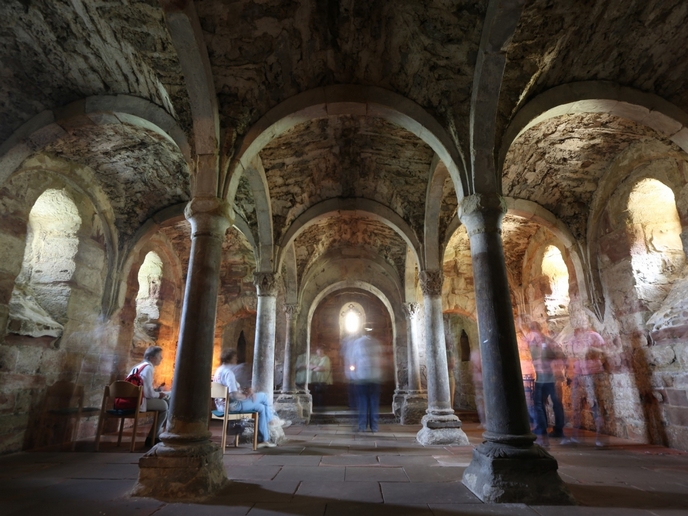Unlocking Europe's cultural wealth
Travelling to experience the cultural aspects of a destination – known as cultural tourism – accounts for 39 % of international tourism and constitutes a key driver of the growth and economic development of European regions and cities. Travellers are fuelled by their quest to experience the heritage, arts, traditions and lifestyle of a new place. Cultural tourism extends beyond sightseeing, and promotes cross-cultural understanding, appreciation for diversity and often contributes to the preservation of cultural heritage and traditions. However, in many regions, the potential of cultural tourism has not been fully exploited and there is a considerable knowledge gap in how it truly affects the economic competitiveness and social wellbeing of places. Bridging these gaps is integral for preserving and promoting the richness of global cultural heritage.
Promoting sustainable cultural tourism across Europe
The EU-funded IMPACTOUR project aims to promote sustainable cultural tourism strategies across Europe. For this purpose, the consortium undertook systematic comparison of pan-European information related to cultural tourism, including strategies that influenced urban and regional transformation, successful and unsuccessful implementation models and innovative techniques. “To measure the effects of cultural tourism on the environment, society, economy and culture, we used performance indicators, helping create better tourism strategies and actions,” outlines project coordinator João Martins.
The IMPACTOUR decision support system
Central to IMPACTOUR's objectives was the creation of a user-friendly tool to measure the impact of cultural tourism on European economic and social development. It was designed and developed to provide recommendations for the site managers based on their site characterisations and their objectives to achieve a greater positive impact of cultural tourism. It collates gathered knowledge and facilitates the assessment of cultural tourism policies using data analytics algorithms with artificial intelligence and machine learning strategies. Moreover, it functions as a decision support system, aiding stakeholders in tailoring strategies to their specific site characteristics and objectives. The tool comprises modules for data visualisation and management, decision support and monitoring. It helps the characterisation of tourism destinations, recommending suitable strategies and actions, and enabling stakeholders to track the progress of their proposed actions through performance indicators.
Cultivating a European scope
Undoubtedly, one of the project's most notable achievements lies in its collaborative approach, including the participation of 32 pilot sites around Europe, where only five were project partners. The project fosters a participatory approach and facilitates information exchange among stakeholders. “The establishment of the IMPACTOUR community, fostering discussions beyond project boundaries, became a cornerstone for knowledge-sharing and societal engagement in sustainable cultural tourism development,” emphasises Martins. Furthermore, amidst the challenges posed by the COVID-19 pandemic, IMPACTOUR served as a platform for exchange, enabling pilots to navigate and mitigate its adverse effects, consequently integrating these insights into the project's methodologies and tools. Overall, the project improved cultural tourism management and boosted visibility and attractiveness. With strategies fostering innovation and creativity in cultural tourism, new job opportunities will be created alongside enhanced social cohesion. “We encourage people to connect with and take pride in Europe's diverse cultural heritage and natural features, reinforcing their sense of belonging while appreciating the traditions of minority cultures,” concludes Martins.
Keywords
IMPACTOUR, cultural tourism, decision support tool, culture, society, environment, economy



